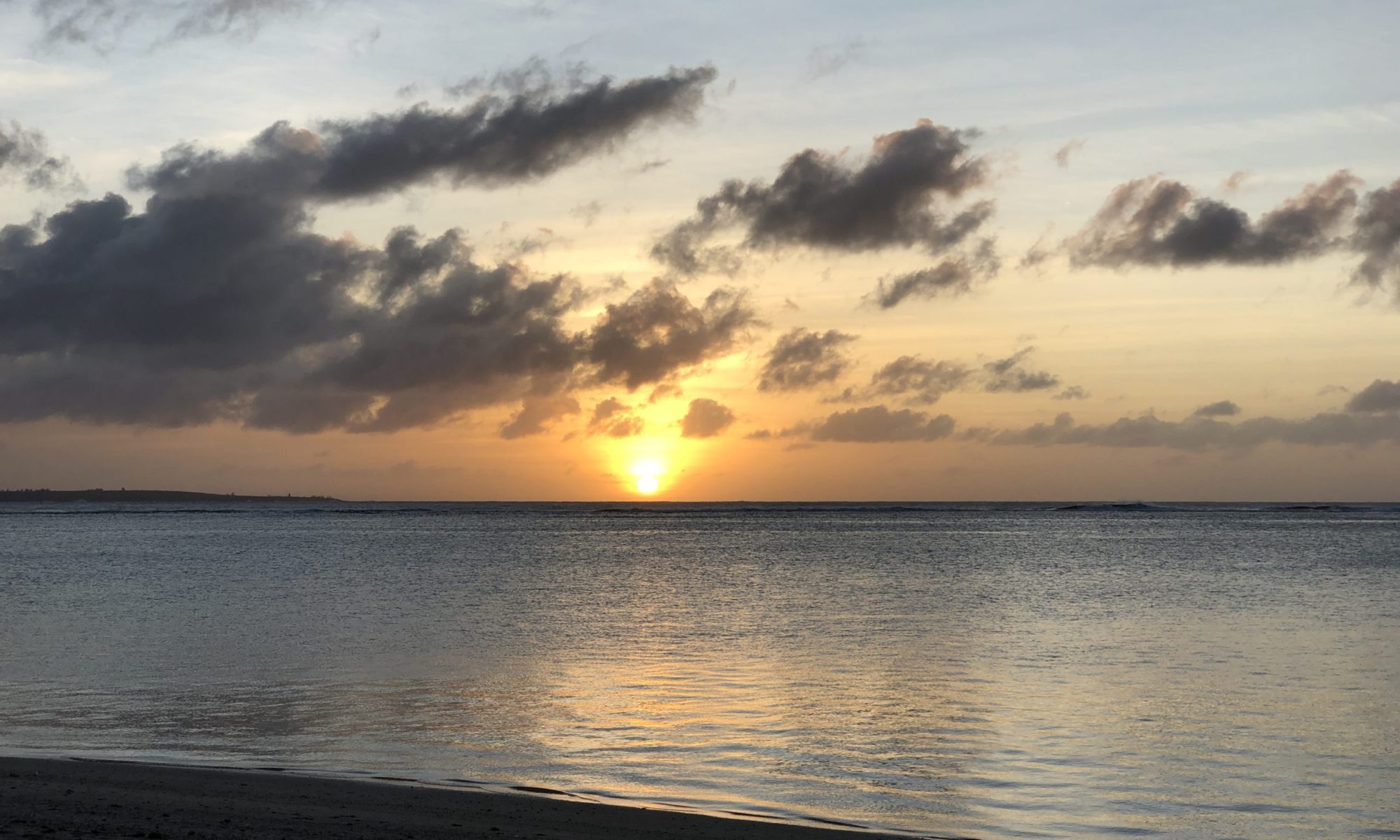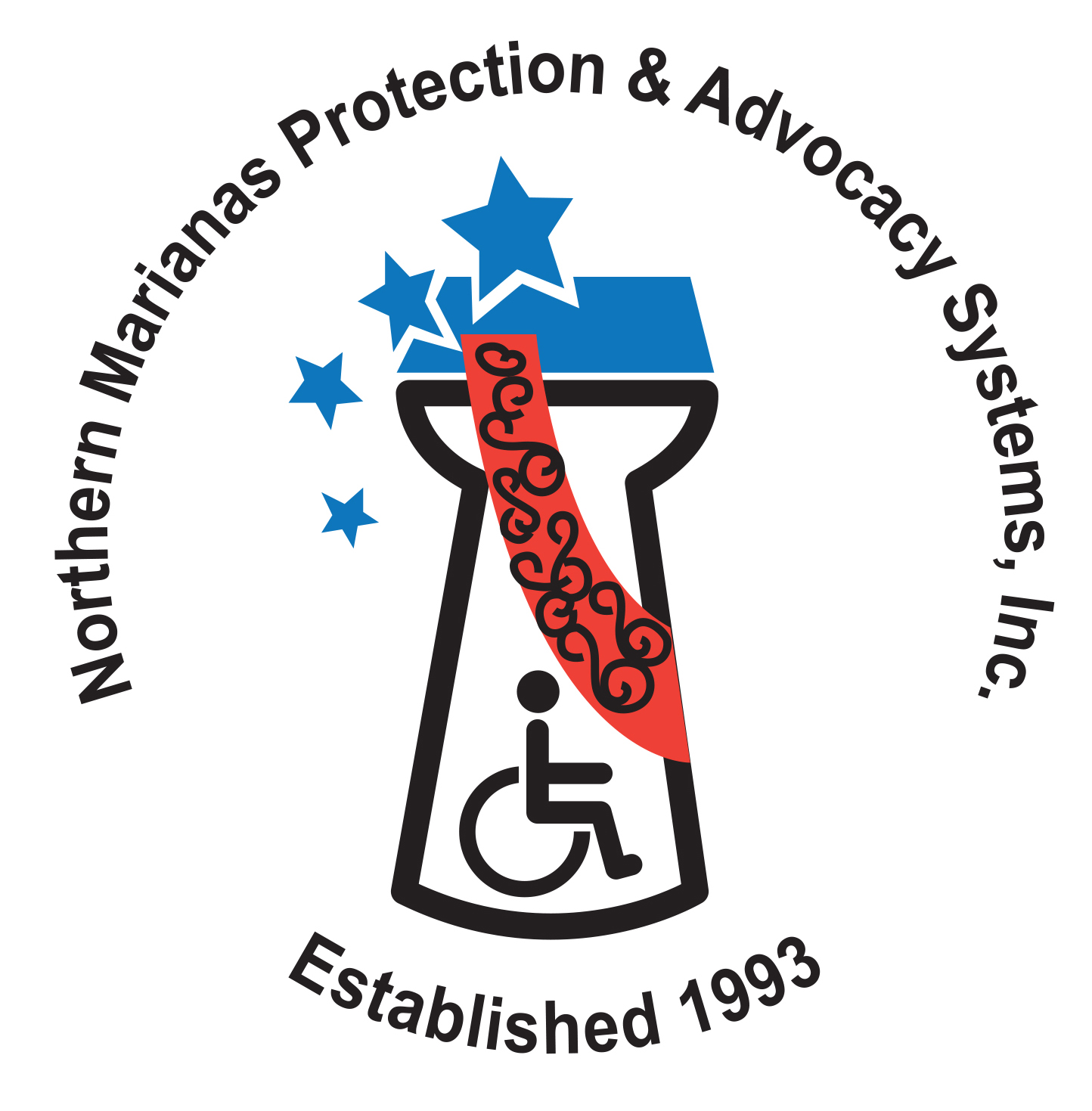ADVOCACY at the Northern Marianas Protection & Advocacy Systems, Inc. is something of a paradox, treading a fine line between a hammer and the delicate tongue of diplomacy — ever looking for the sweet-spot between our statutory standing and personal finesse.
Maybe it’s our small-town beings, but experience has shown that it’s the positive relationships we develop with people that open doors for us and for the people with disabilities we represent. It’s taken a fair share of hammering, yelling matches and high blood pressures to come to this conclusion, but we’re comfortable in saying that we achieve desired outcomes far more expeditiously and with greater satisfaction through collaborative advocacy.
That said, working collaboratively is not synonymous with turning a blind eye, shying away from the hard questions, or conceding our rights and the rights of our clients to appease anyone, much less the curmudgeon, little personalities we come across on occasion. You know the ones who seem to hurt when they smile and stutter at the thought of a kind word. Obstructionists who can say in one breath that they, “are not inclined to participate in any further conversation…and will not be agreeing to meet with you…but look forward to continued positive relations” — a true-life quote. The thing about relying on diplomacy is that in one fell swoop, the stacks and years of relational building blocks can crash down around us — not that the hammer is soft, mind you, but our finesse is shaken and egos are a little worse for the wear.
By and large, the majority of people we come across want to work with us, but others feel slighted just by our mere presence — maybe we look at them cross-eyed or don’t beat around bush enough, so often the lines of communication get shut down long before we can even say hello. Our attempts at diplomacy fall short and then it’s a turf war. Inevitably our “access authority” comes into question and like a bad episode of Ground Hogs Day, we go back to dusting off the same, worn-out pages of our federal statutes — the Hammer, if you will — one of which requires that we “protect and advocate for the rights of individuals with developmental disabilities” [42 USC §15043 (a)(1)] and the federal regulations which mandate that our office shall, among other things —
- have reasonable unaccompanied access to public and private facilities which provide services, supports, and other assistance for individuals with developmental disabilities in the state when necessary to conduct a full investigation of an incident of abuse or neglect [42 CFR 1386.22(f)];
- have unaccompanied access to all residents of a facility at reasonable times, which at a minimum shall include normal working hours and visiting hours (emphasis added) [42 CFR 1386.22(g)]
Admittedly, it is somewhat unique to have a relatively tiny, non-profit organization with governmental, oversight authority, but such is the case.
Still, as a matter of policy, NMPASI remains partial to the course of least resistance — we’ll work with just about anyone to achieve our primary mission “to protect the civil, legal and human interests of individuals with disabilities” — we can do great things on behalf of our people with disabilities and, subsequently, for the community at large — Nge inamwo schagh igha mesemwal u se su ghii asamal iimomw nge u bwe sughi asamal bwulomw… faischo [Translation: It’s o.k. if, at first, you don’t open the doors to your house, so long as you open the doors to your heart…respectfully].
For more on Protection & Advocacy Systems, please contact the NMPASI Office at (670) 235-7273/4 [tel] / 235-7275 [fax] / 235-7278 [tty] or on-line at www.nmpasi.org.

